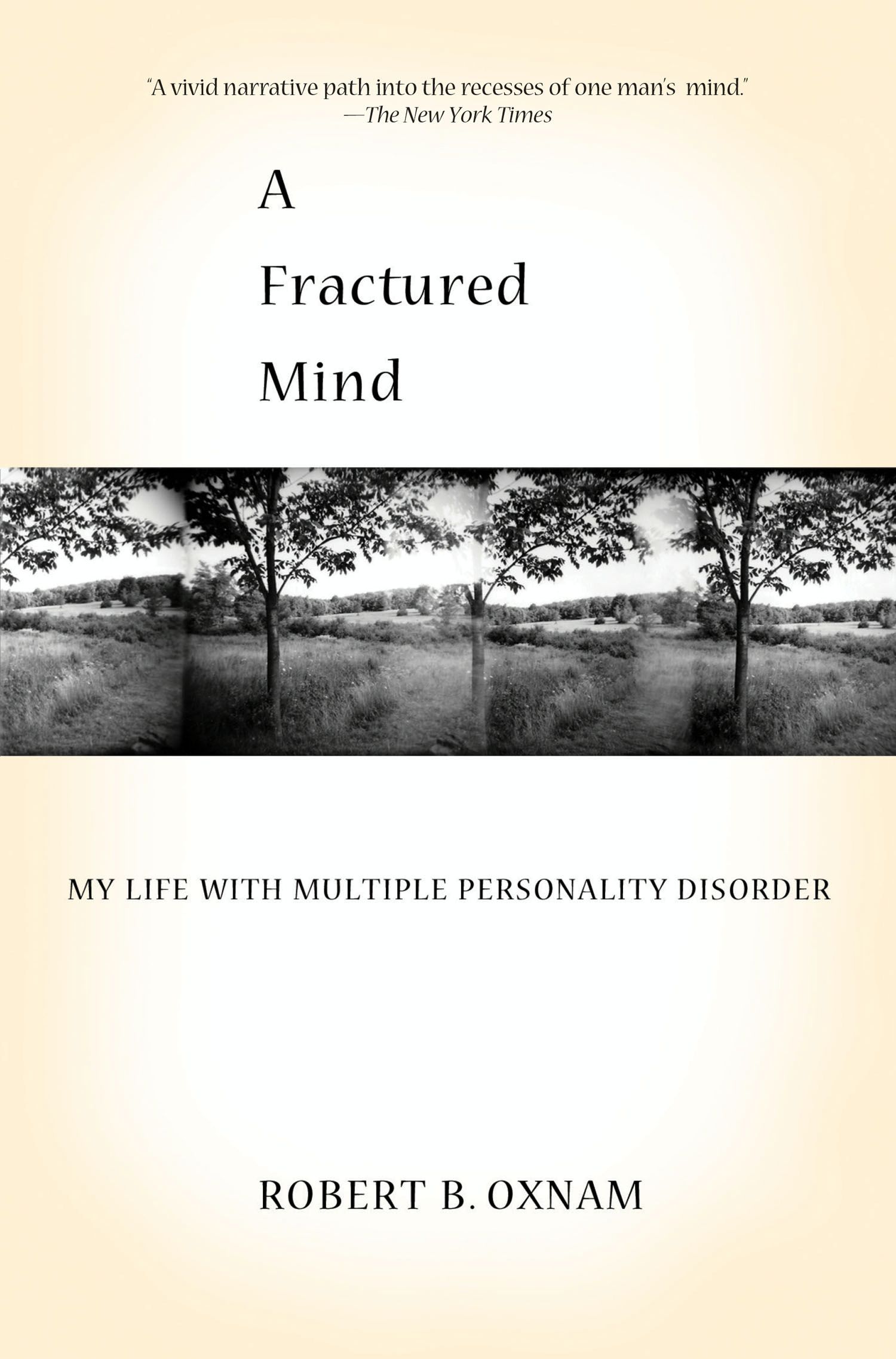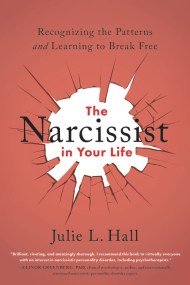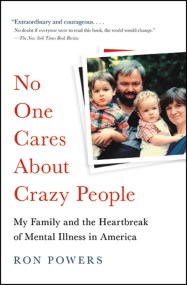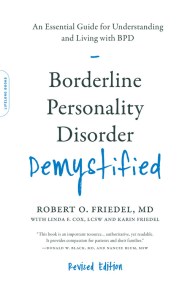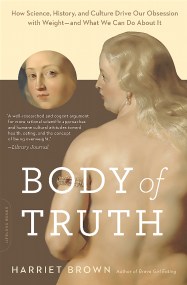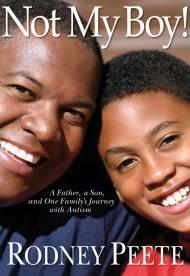Promotion
Use code MOM24 for 20% off site wide + free shipping over $45
A Fractured Mind
My Life with Multiple Personality Disorder
Contributors
Formats and Prices
Price
$9.99Price
$12.99 CADFormat
Format:
- ebook $9.99 $12.99 CAD
- Trade Paperback $21.99 $28.99 CAD
This item is a preorder. Your payment method will be charged immediately, and the product is expected to ship on or around February 5, 2013. This date is subject to change due to shipping delays beyond our control.
Also available from:
In 1989, Robert B. Oxnam, the successful China scholar and president of the Asia Society, faced up to what he thought was his biggest personal challenge: alcoholism. But this dependency masked a problem far more serious: Multiple Personality Disorder.
At the peak of his professional career, after having led the Asia Society for nearly a decade, Oxnam was haunted by periodic blackouts and episodic rages. After his family and friends intervened, Oxnam received help from a psychiatrist, Dr. Jeffrey Smith, and entered a rehab center. It wasn’t until 1990 during a session with Dr. Smith that the first of Oxnam’s eleven alternate personalities–an angry young boy named Tommy–suddenly emerged. With Dr. Smith’s help, Oxnam began the exhausting and fascinating process of uncovering his many personalities and the childhood trauma that caused his condition. This is the powerful and moving story of one person’s struggle with this terrifying illness. The book includes an epilogue by Dr. Smith in which he describes Robert’s case, the treatment, and the nature of multiple personality disorder. Robert’s courage in facing his situation and overcoming his painful past makes for a dramatic and inspiring book.
At the peak of his professional career, after having led the Asia Society for nearly a decade, Oxnam was haunted by periodic blackouts and episodic rages. After his family and friends intervened, Oxnam received help from a psychiatrist, Dr. Jeffrey Smith, and entered a rehab center. It wasn’t until 1990 during a session with Dr. Smith that the first of Oxnam’s eleven alternate personalities–an angry young boy named Tommy–suddenly emerged. With Dr. Smith’s help, Oxnam began the exhausting and fascinating process of uncovering his many personalities and the childhood trauma that caused his condition. This is the powerful and moving story of one person’s struggle with this terrifying illness. The book includes an epilogue by Dr. Smith in which he describes Robert’s case, the treatment, and the nature of multiple personality disorder. Robert’s courage in facing his situation and overcoming his painful past makes for a dramatic and inspiring book.
Genre:
- On Sale
- Feb 5, 2013
- Page Count
- 304 pages
- Publisher
- Hachette Books
- ISBN-13
- 9781401305703
Newsletter Signup
By clicking ‘Sign Up,’ I acknowledge that I have read and agree to Hachette Book Group’s Privacy Policy and Terms of Use

